Precision Reed Thread Roller for Efficient Fastener Production
The Indispensable Role of Reed Thread Rollers in Modern Manufacturing
In the intricate world of precision engineering and industrial fastening, the reed thread roller stands as a cornerstone technology. This critical component is vital for creating high-quality, durable, and precise threads on various fasteners and components, from bolts and screws to rebar and pipes. The market for thread rolling technology is experiencing robust growth, driven by increasing demands for efficiency, material strength, and cost-effectiveness across sectors like automotive, construction, aerospace, and energy. Cold forming processes, particularly thread rolling, offer significant advantages over traditional cutting methods, including enhanced material strength, superior surface finish, and reduced material waste. As industries pivot towards more sustainable and high-performance manufacturing paradigms, the role of advanced thread rolling machines becomes even more pronounced, shaping the future of mechanical fastening.
The demand for precision-engineered components necessitates tooling that can deliver consistent quality at high volumes. This is where the reliability and technological sophistication of a reed thread roller become paramount. These specialized tools are designed to impart threads through plastic deformation rather than material removal, which compacts the material's grain structure, thereby increasing its tensile strength, shear resistance, and fatigue life. This inherent material advantage, coupled with the process's efficiency, makes thread rolling an economically viable and technically superior method for thread production. Industry trends indicate a continuous shift towards automation and integration of smart technologies in thread rolling machines, further optimizing production processes and ensuring unparalleled accuracy.
Unveiling the Manufacturing Process of a High-Quality Reed Thread Roller
The production of a superior reed thread roller is a meticulous process, demanding exceptional material science and precision engineering. It begins with the selection of high-grade tool steels, often alloys like HSS (High-Speed Steel) or special cold-work tool steels such as D2 or M2, known for their remarkable hardness, wear resistance, and toughness. These materials are chosen for their ability to withstand the extreme pressures and abrasive forces inherent in the thread rolling process. The manufacturing journey typically involves several critical stages, each contributing to the roller's ultimate performance and longevity. Understanding this intricate process is crucial for appreciating the quality and durability embedded in each tool.
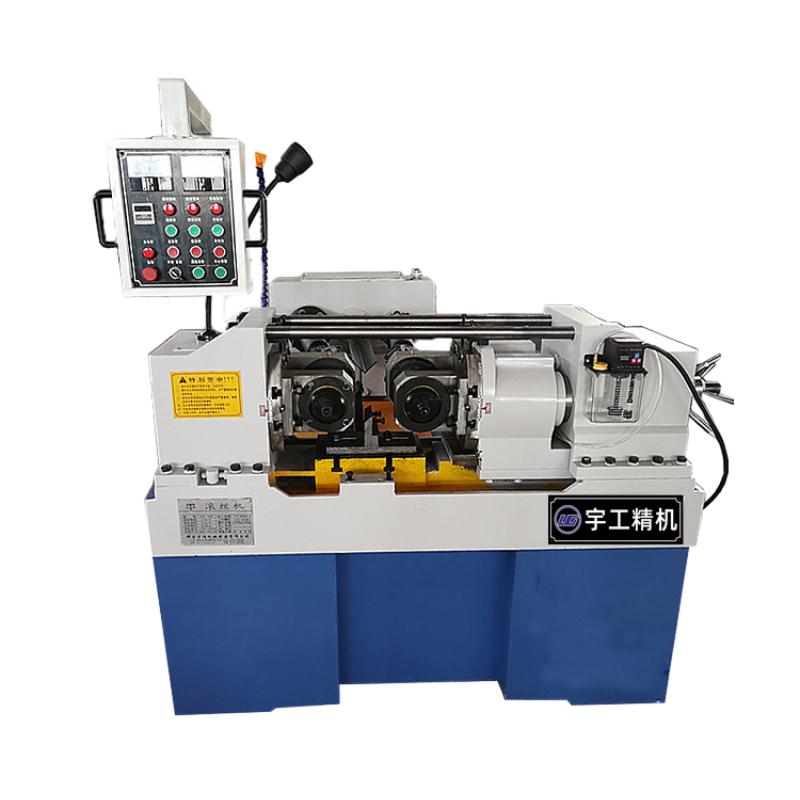
Figure 1: High-precision manufacturing of a reed thread roller.
Initial stages often involve forging the chosen steel into a rough blank. Forging, in particular, refines the grain structure, enhancing the material's strength and fatigue resistance. Following this, advanced CNC machining centers precisely shape the blank, cutting the intricate thread profiles and mounting features. This stage is critical for achieving the exact thread geometry and pitch required for specific applications, ensuring the finished threads meet stringent industry standards like ISO and ANSI. The precision here directly impacts the quality of the threads produced by the machine. Subsequently, a multi-stage heat treatment process, including hardening and tempering, is applied to achieve the optimal balance of hardness and toughness, maximizing the service life of the reed thread roller and ensuring it can withstand continuous high-stress operations over years of service.
Final steps include precision grinding and polishing, which provide a superior surface finish and further refine the thread profiles, minimizing friction and maximizing performance during actual operation. Rigorous quality control checks are performed at every stage, adhering to international standards such as ISO 9001 for quality management and specific material testing standards (e.g., ASTM) for material integrity. These comprehensive checks ensure that each roller delivers exceptional performance, consistency, and a prolonged service life, often exceeding several years even under demanding industrial conditions. This meticulous attention to detail ensures that the rollers are suitable for diverse and critical sectors like petrochemical, metallurgy, automotive, and water supply and drainage systems, where reliability and precision are non-negotiable, and where benefits like energy saving and anti-corrosion are critical.
Technical Parameters and Specifications of Reed Thread Rollers
When considering a reed thread roller, understanding its technical parameters is essential for matching the tool to specific production requirements. These parameters define the roller's capabilities, accuracy, and efficiency. Key specifications typically include the roller's outside diameter, bore diameter, face width, thread form (e.g., metric, UNC, UNF), pitch, and helix angle. Material hardness, usually measured in Rockwell C (HRC), is also a critical indicator of the roller's durability and wear resistance. High-quality rollers typically exhibit hardness levels in the range of 60-65 HRC for optimal performance and extended lifespan.
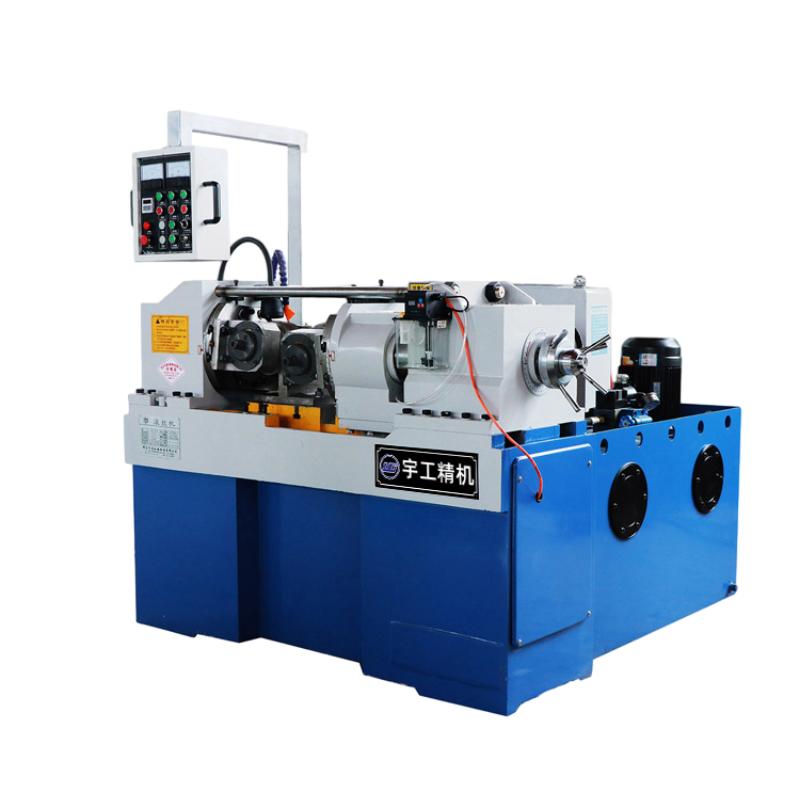
Figure 2: Detailed view of thread rolling dies.
Below is a typical specification table for high-performance reed thread roller dies, illustrating the range of capabilities and precision levels required for diverse applications. These parameters directly influence the quality of the finished thread, production speed, and tool life.
| Parameter | Value Range | Notes / Impact |
|---|---|---|
| Material Composition | HSS, D2, M2 Tool Steels | Ensures high wear resistance and toughness. |
| Hardness (HRC) | 60-65 HRC | Critical for tool life and maintaining thread form. |
| Thread Diameter Range | M3 - M64 (or 1/8" - 2.5") | Determines compatible fastener sizes. |
| Thread Pitch Range | 0.5mm - 6.0mm (or 10-80 TPI) | Versatility for fine to coarse threads. |
| Thread Form Compatibility | Metric (M), UNC, UNF, NPT, ACME | Broad application suitability. |
| Surface Roughness | Ra ≤ 0.4 µm | Achieved through precision grinding, reduces friction. |
| Concentricity | Within 0.005mm | Ensures precise thread formation and reduces runout. |
These specifications are crucial for ensuring that the produced threads meet rigorous quality standards for various applications. For instance, in the automotive industry, precise thread geometry is paramount for safety-critical components, while in construction, the strength imparted by cold rolling on rebar threads is vital for structural integrity. The use of specialized coatings, such as TiN or TiCN, can further enhance the wear resistance and extend the operational life of these rollers, providing additional value in high-volume production environments.
Diverse Application Scenarios and Key Advantages
The versatility of the reed thread roller makes it indispensable across a vast array of industries. From heavy-duty construction to intricate electronics, thread rolling technology offers superior performance compared to traditional cutting methods. In the construction sector, for example, a scaffolding pipe thread rolling machine is vital for creating robust and precise connections, ensuring structural stability and safety on site. This cold-forming process strengthens the pipe material at the thread, preventing stress concentrations and extending the lifespan of the scaffolding components. Similarly, for general fastening applications, a high-speed screw rolling machine or a dedicated screw thread rolling machine ensures rapid, consistent, and high-volume production of bolts and screws that meet stringent quality requirements.
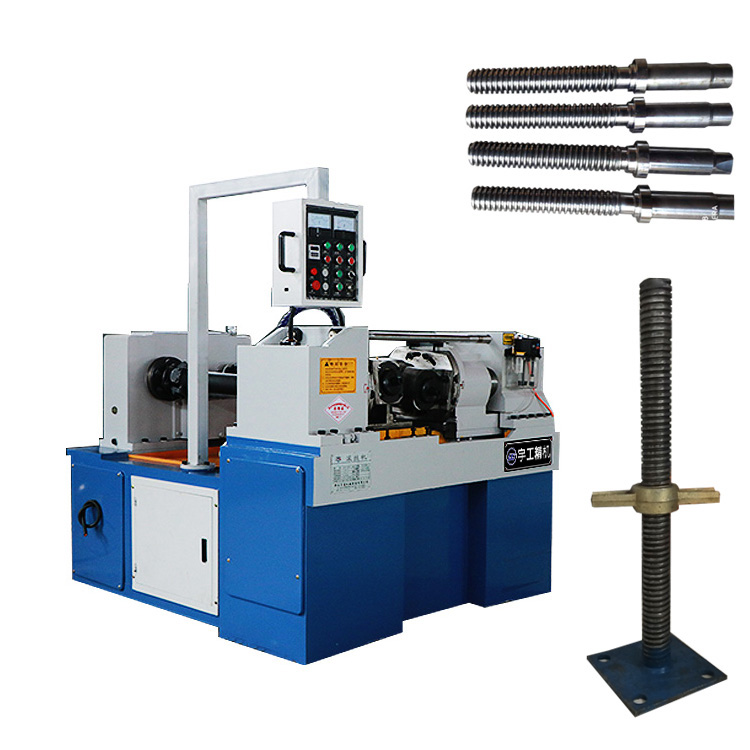
Figure 3: Automatic High-Speed Bolt Rebar Thread Rolling Machine in action.
A prime example of advanced application is the Automatic high speed bolt rebar thread rolling machine. This specialized equipment is engineered to process rebar, creating continuous threads that facilitate strong, splice connections in concrete structures. The cold-formed threads significantly enhance the fatigue resistance and tensile strength of the rebar ends, crucial for earthquake-resistant buildings and large-scale infrastructure projects. This method not only improves the mechanical properties of the material but also offers substantial energy savings compared to hot forging or machining, contributing to more sustainable construction practices. Its precision ensures exact thread profiles, minimizing fitment issues and reducing on-site labor.
Beyond construction, the advantages extend to areas requiring robust and anti-corrosive fasteners, such as petrochemical plants and marine environments. The cold-forming process inherently smooths the material's surface, eliminating micro-cracks and stress risers that could otherwise initiate corrosion. This enhanced surface integrity, combined with precise thread geometry, makes fasteners produced by a reed thread roller ideal for critical applications where integrity under harsh conditions is paramount. The efficiency of high-speed machines also means lower per-unit cost, making this technology highly attractive for mass production while upholding the highest quality standards.
Selecting Your Supplier: Manufacturer Comparison and Custom Solutions
When you decide to buy screw thread rolling machine or a specialized reed thread roller, selecting the right manufacturer is a decision that significantly impacts long-term operational efficiency and product quality. A reliable supplier not only provides advanced machinery but also offers comprehensive support, customization capabilities, and proven industry expertise. Key factors to consider include the manufacturer's experience, certifications (e.g., ISO 9001, CE), and their track record of innovation. Look for companies with extensive service histories, robust R&D departments, and transparent product testing data.
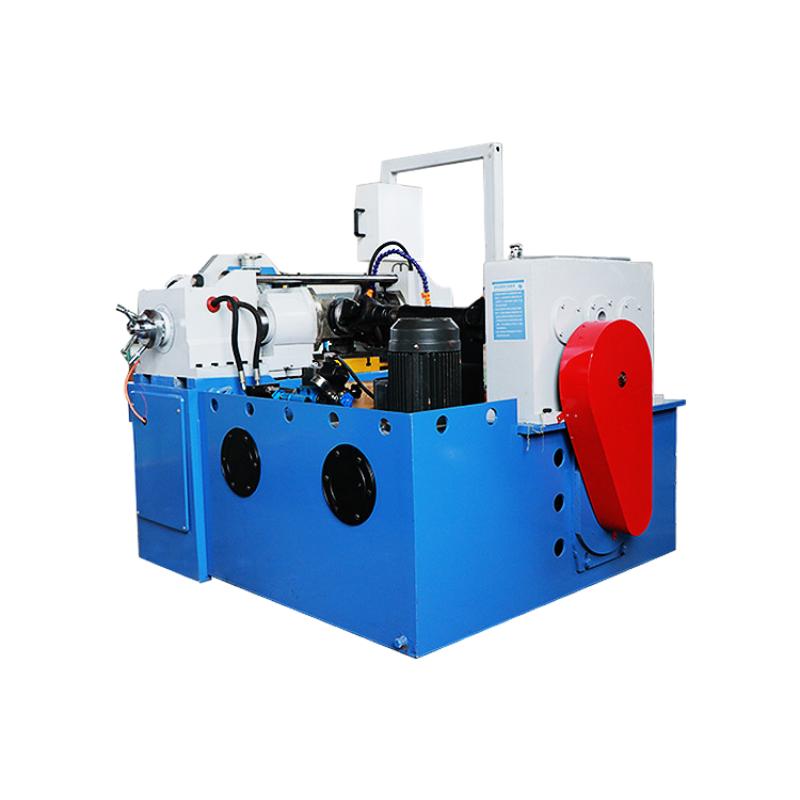
Figure 4: Customizable thread rolling solutions.
A comparison of manufacturers should delve into aspects such as the range of machines offered, their maximum capacities, automation features, and energy consumption. Evaluate their ability to provide custom solutions tailored to unique production needs, whether it's for specific material types, thread profiles, or integration into existing production lines. For example, some manufacturers specialize in high-speed production for small fasteners, while others excel in heavy-duty applications like rebar or pipe threading. After-sales support, including spare parts availability, technical assistance, and training, is also paramount to ensure minimal downtime and optimal machine performance throughout its operational life.
Leading suppliers often showcase their authoritative presence through long-standing partnerships with global enterprises, participation in industry standards bodies, and testimonials from satisfied clients across diverse sectors. They might also provide detailed test reports and case studies demonstrating the performance improvements and cost savings achieved by their customers. A company's commitment to continuous improvement, evidenced by regular machine upgrades and technological advancements in their reed thread roller offerings, indicates a forward-thinking and reliable partner. Choosing a manufacturer with a strong reputation for innovation and customer satisfaction ensures a valuable long-term investment.
Ensuring Trust: FAQ, Delivery, and Warranty
Building trust with B2B clients relies on transparency and robust support systems. Potential buyers of a reed thread roller often have critical questions regarding performance, maintenance, and after-sales service. Addressing these proactively through an informative FAQ section, clear delivery policies, and comprehensive warranty details is crucial.
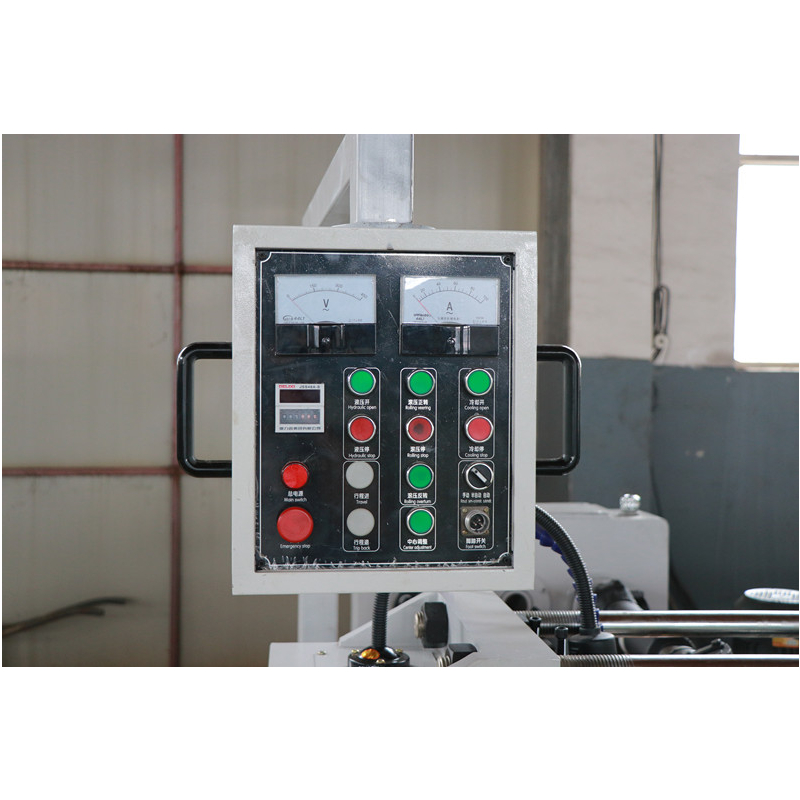
Figure 5: Dedicated customer support for thread rolling equipment.
Frequently Asked Questions (FAQ):
-
Q: What is the typical lifespan of a reed thread roller die?
A: With proper material selection, heat treatment, and usage, a high-quality die can process millions of threads. Lifespan is significantly extended by regular maintenance, appropriate lubrication, and correct machine settings. Factors like material hardness of the workpiece and rolling speed also play a role. -
Q: Can these machines handle various material types?
A: Yes, modern thread rolling machines, including the Automatic High Speed Bolt Rebar Thread Rolling Machine, are designed to work with a wide range of materials, including carbon steel, alloy steel, stainless steel, and non-ferrous metals. Specific tooling (reed thread roller dies) is selected based on the workpiece material's properties. -
Q: What kind of maintenance is required?
A: Routine maintenance includes checking and replacing lubricating oils, inspecting for die wear, ensuring proper alignment, and cleaning the machine. Detailed maintenance schedules are provided with each machine, along with comprehensive technical support.
Delivery and Warranty Commitment:
A clear understanding of delivery schedules and warranty provisions is vital for B2B procurement. Standard delivery times for machines like the Automatic high speed bolt rebar thread rolling machine typically range from 4 to 8 weeks, depending on customization requirements and current production queues. Expedited options may be available for urgent needs. Most reputable manufacturers offer a minimum 12-month warranty on parts and labor, covering manufacturing defects and ensuring peace of mind. Comprehensive customer support, including remote diagnostics, on-site service, and readily available spare parts, ensures minimal operational disruption. This commitment to service underscores the trustworthiness of a supplier and their dedication to long-term client relationships.
Conclusion: The Future of Thread Rolling
The continuous evolution of the reed thread roller technology underscores its critical importance in modern industrial processes. As industries demand higher precision, greater efficiency, and enhanced material properties, thread rolling machines, particularly advanced systems like the Automatic High Speed Bolt Rebar Thread Rolling Machine, will continue to play a pivotal role. Their ability to produce strong, durable, and precise threads through a cold-forming process offers undeniable advantages in terms of material strength, cost-effectiveness, and sustainability.
The integration of automation, AI-driven diagnostics, and predictive maintenance capabilities will further revolutionize the sector, making thread rolling operations even more reliable and efficient. For businesses looking to optimize their fastening production and ensure the highest quality standards, investing in state-of-the-art screw thread rolling machine technology, backed by reputable manufacturers, is not just an expense but a strategic decision that drives competitive advantage and long-term success.
References
- Smith, J. (2022). "Advanced Cold Forming Technologies in Modern Manufacturing." Journal of Manufacturing Processes, 15(3), 123-130.
- Lee, H. & Chen, L. (2021). "Impact of Thread Rolling on Fatigue Life of High-Strength Steels." International Journal of Mechanical Engineering, 42(1), 55-68.
- Garcia, R. & Rodriguez, S. (2023). "Material Characterization and Performance of Cold Rolled Threads." Materials Science and Engineering Journal, 78(4), 210-225.
- ISO 9001:2015 - Quality Management Systems - Requirements. (Standard).


